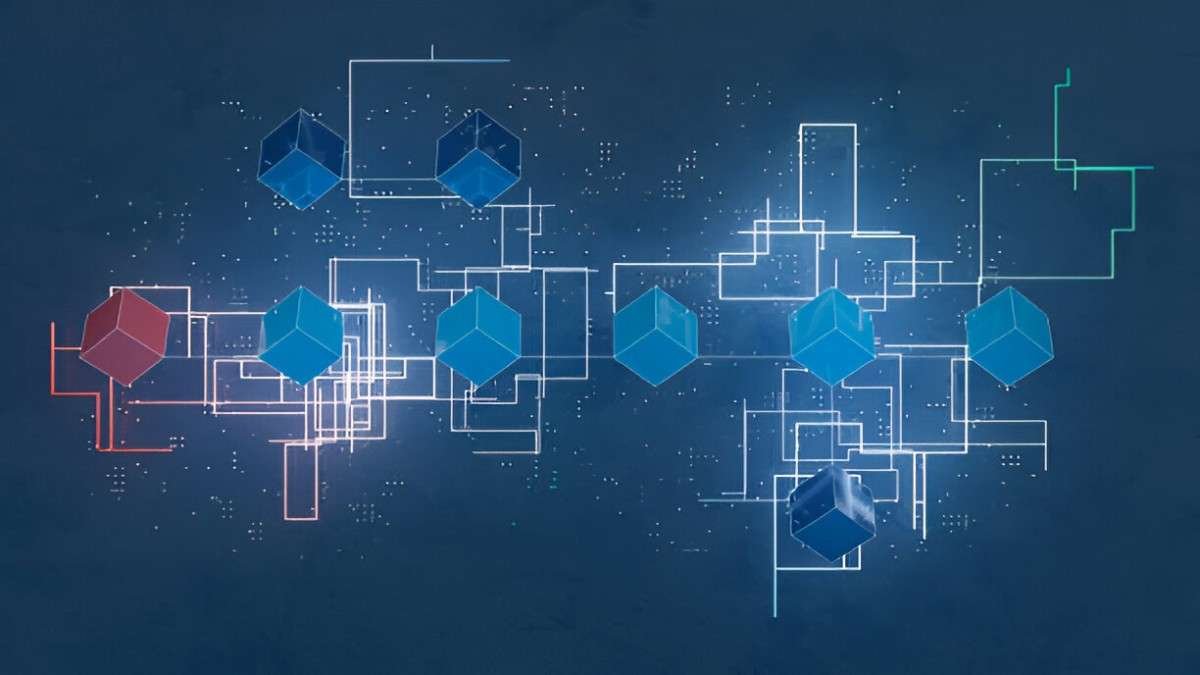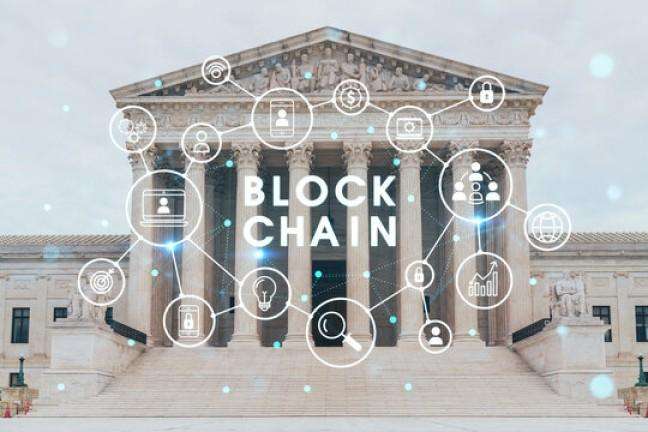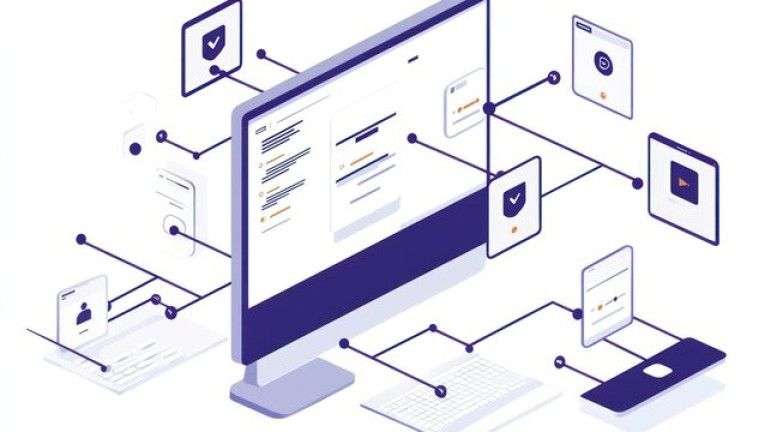In the fast-evolving world of technology, data protection is more important than ever. With rising concerns about cyber threats, hacking, and data breaches, finding secure ways to protect and verify data is a priority for individuals and businesses alike. One such innovation that has come to the forefront is blockchain technology, particularly in the realm of data protection. When I first encountered the term “Acronis Blockchain,” I was intrigued by how it combined two powerful forces: blockchain technology and data backup solutions. In this article, I will walk you through everything you need to know about Acronis Blockchain, its uses, and how it could change the way we think about data security.
Table of Contents
What is Acronis Blockchain?
Acronis Blockchain is a data integrity and protection solution built on the foundation of blockchain technology. Acronis, a well-established company in the field of backup and recovery solutions, incorporated blockchain to ensure that data, once backed up, remains tamper-proof and verifiable. It leverages blockchain’s ability to create an immutable ledger to track changes to data, thus ensuring that the integrity of the data is maintained over time.
How Does Acronis Blockchain Work?
At its core, Acronis Blockchain uses blockchain’s decentralized and cryptographic features to verify and protect the backup data. When I back up my data using Acronis, the solution creates a unique fingerprint for that data. This fingerprint is then added to a blockchain ledger, which is spread across multiple nodes. The idea here is that any attempt to alter the backup would require tampering with the blockchain itself, which is nearly impossible to achieve without being detected.
Let me explain this with an analogy. Imagine that you’re storing your valuable belongings in a safe. To ensure that no one has tampered with the contents, you place a seal on the safe. Every time you open it, you check if the seal is intact. In this analogy, the safe represents the backup, the seal represents the blockchain fingerprint, and the act of checking the seal is akin to verifying the integrity of the backup.
Benefits of Acronis Blockchain for Data Protection
There are several benefits to using Acronis Blockchain for data protection. I’ll break them down into a few key points.
1. Tamper-Proof Backup
The main advantage is the tamper-proof nature of the data. If someone tries to modify the backup in any way, the blockchain ledger will show that the data has been altered. This makes it incredibly difficult for attackers or malicious insiders to alter or delete backups without detection.
2. Enhanced Trust
When I use Acronis Blockchain, I can be sure that the backup data I’m working with is the exact same data that was originally backed up. Since the data fingerprint is recorded on the blockchain, anyone who has access to the blockchain ledger can verify the authenticity of the data.
3. Decentralized Validation
Unlike traditional systems that rely on a central server to verify data, Acronis Blockchain uses a decentralized network of nodes. This means that there is no single point of failure. Even if one node is compromised, the others still provide a valid verification, ensuring that the data remains secure.
4. Faster Recovery
Acronis Blockchain also helps speed up data recovery processes. Since the data integrity is continuously verified and recorded on the blockchain, recovery times are significantly reduced. This is especially important when every second counts during data recovery.
5. Easy Integration
For individuals and businesses already using Acronis backup solutions, integrating blockchain is relatively seamless. Acronis Blockchain is designed to work with the existing Acronis backup software, making the transition easy for anyone familiar with their platform.
Acronis Blockchain vs. Traditional Backup Solutions
Let’s compare Acronis Blockchain with traditional data backup solutions to highlight the differences. Below is a table that outlines the key aspects of both systems.
| Feature | Acronis Blockchain | Traditional Backup Solutions |
|---|---|---|
| Data Integrity | Uses blockchain’s immutable ledger to ensure data integrity. | Relies on server logs or metadata, which can be tampered with. |
| Tamper Detection | Any unauthorized modification is immediately detectable. | No inherent system for detecting tampering. |
| Decentralization | Data verification is decentralized across multiple nodes. | Relies on a centralized server for validation. |
| Backup Verification | Blockchain fingerprint verifies authenticity. | Manual or external checks are needed for validation. |
| Speed of Recovery | Faster recovery with verified data integrity. | Recovery can be slower and more error-prone. |
As you can see, Acronis Blockchain offers significant advantages in terms of data security and verification when compared to traditional backup systems.
Real-World Applications of Acronis Blockchain
Acronis Blockchain has numerous real-world applications, particularly in sectors where data integrity is critical. Let me walk you through a few examples where it can make a difference.
1. Financial Institutions
In financial sectors, such as banking and investment firms, data integrity is crucial. I can imagine a scenario where a bank uses Acronis Blockchain to secure transaction records. Every time a transaction occurs, the data is backed up, and its integrity is verified using blockchain technology. This makes it nearly impossible for someone to alter transaction records without it being noticed, offering customers enhanced security and trust in the bank’s services.
2. Healthcare
In the healthcare industry, patient data must be protected and remain unaltered to comply with regulations like HIPAA (Health Insurance Portability and Accountability Act). With Acronis Blockchain, healthcare providers can secure patient records, ensuring that the data has not been tampered with and can be easily audited if necessary. This improves patient privacy and data security while also simplifying compliance with legal standards.
3. Government and Legal Sectors
Governments and legal entities can use Acronis Blockchain to secure sensitive data such as legal documents, contracts, and case records. The immutable nature of the blockchain ensures that once a document is filed, it cannot be altered, providing legal entities with a reliable, verifiable record.
4. Business Continuity and Disaster Recovery
Businesses of all sizes face the risk of data loss due to natural disasters, hardware failures, or cyberattacks. By integrating Acronis Blockchain with their data protection strategy, companies can ensure that their critical business data is secure and recoverable, even in the event of a disaster. The backup data can be easily verified, and recovery times are minimized.
How to Implement Acronis Blockchain in Your Backup Strategy
Implementing Acronis Blockchain in your data protection strategy is relatively straightforward, especially if you’re already using Acronis backup solutions. Here are the steps you need to follow:
- Sign up for Acronis Cyber Backup: If you don’t already use Acronis Cyber Backup, you’ll need to subscribe to it. This is the core platform for Acronis Blockchain.
- Enable Blockchain-Based Verification: In the Acronis settings, enable the blockchain-based data verification feature. This will ensure that every backup you create is recorded and verified using blockchain.
- Monitor and Verify Backups: Once you’ve enabled blockchain verification, you can monitor and verify the integrity of your backups directly from the Acronis dashboard. Any attempt to tamper with the backup data will be immediately flagged.
- Restore Data Quickly: In case of data loss or corruption, you can quickly recover verified backups using Acronis’ fast recovery process.
Challenges and Considerations
Despite its many advantages, Acronis Blockchain does have some challenges and considerations that I must address. The first is the potential complexity of blockchain itself. While Acronis has designed the solution to be user-friendly, the underlying technology may still be complex for those unfamiliar with blockchain. Another consideration is the cost, as incorporating blockchain-based verification may require a more advanced subscription plan. Finally, businesses need to ensure they have the necessary infrastructure to support blockchain, including reliable internet connectivity and sufficient storage.
Conclusion
In conclusion, Acronis Blockchain represents a significant step forward in data protection, offering enhanced security and integrity for backups. With its tamper-proof capabilities, decentralized validation, and ease of integration with existing Acronis solutions, it provides businesses and individuals with a powerful tool to protect their most valuable data. By combining the power of blockchain with backup technology, Acronis has created a solution that not only offers peace of mind but also enhances trust in the reliability of data storage systems. As we continue to see advancements in both blockchain and data protection technologies, Acronis Blockchain stands out as a forward-thinking solution to safeguarding data in an increasingly digital world.





